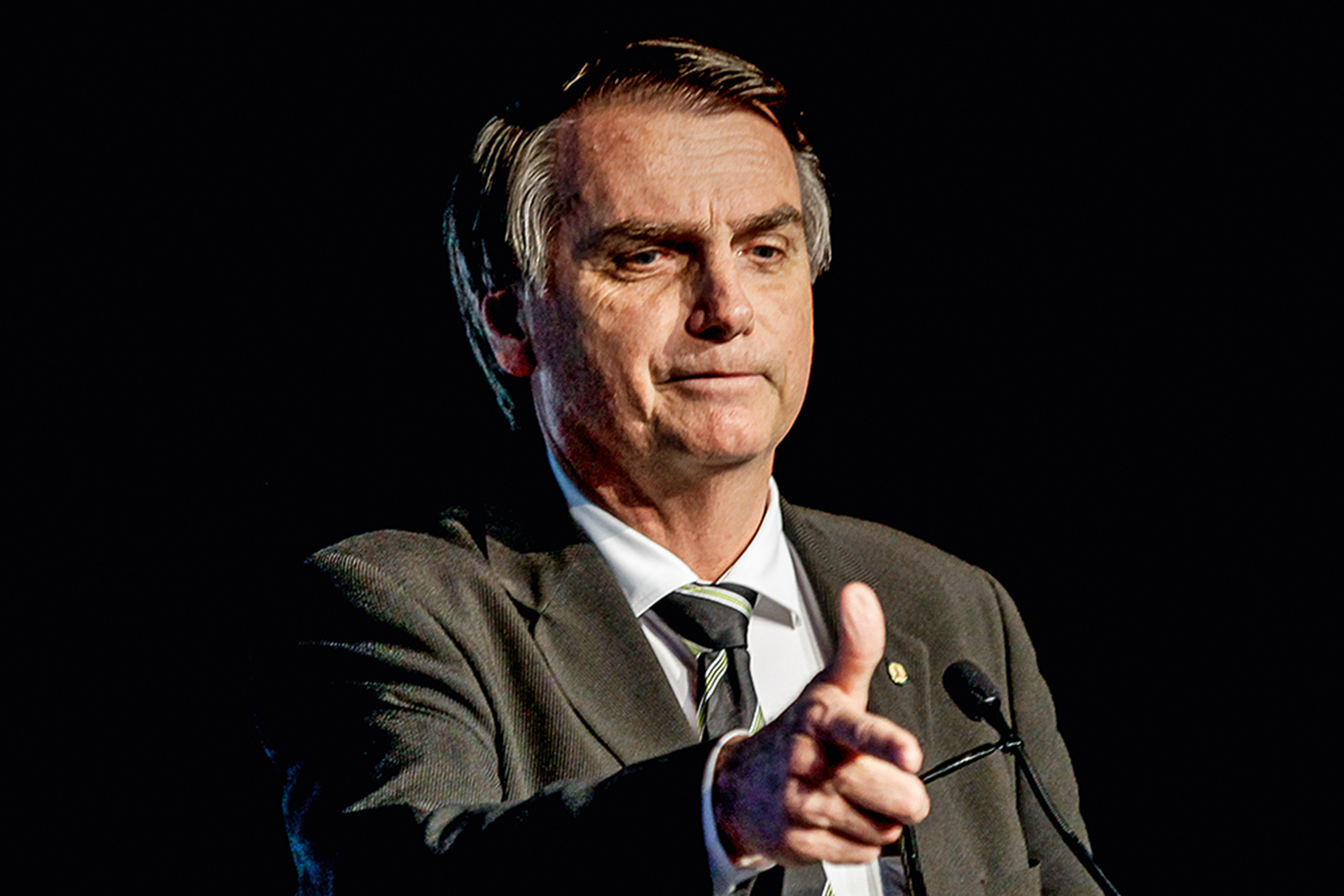The world’s fourth largest democracy and seventh largest economy is electing a new president. Jair Bolsonaro (also known as “Trump of the tropics”) and Fernando Haddad (from the centre-left Worker’s Party) will stage a fierce contest in what is expected to be a turbulent second round in Brazil’s presidential elections. The far-righter won the first round by a large margin (46% against 30%), with almost 50 million people voting for him.
These elections take place amidst Brazil’s most severe economic recession ever. The IMF (International Monetary Fund) predicts negligible GDP growth of 1.8% in 2018. The last three years saw the country’s economic output shrink by 6%. More than 13 million people are officially unemployed (unofficially, the number rises to 20 million), and approximately 20 million Brazilians have to survive on less than £40 per month. The minimum wage in Brazil does not reach £250 and almost 40% of the labour force is in the informal sector. Brazil is extremely dependent on the export of commodities to China and the US.
‘Bolsonaro is the repugnant face of part of the Brazilian elite, embodying a mentality that dates back to the colonial era, when slave-owners ruled Brazil in association with the Portuguese empire.’
Inequality in Brazil has reached extreme levels. Six billionaires have the same wealth as the 100 million poorest. In a country where racism and sexism are deeply rooted, a black man earns around 55% of what a white man gets for the same job. If we compare a white man and a black woman, the gap becomes even larger.
To the economic crisis we can add a corrupted political system that fails to deliver basic rights to the majority of the population. Bolsonaro is navigating through this complex scenario by using populist rhetoric and flirtations with fascism.
He attracted attention for his shocking comments insulting “quilombolas” (escaped slaves’ descendants) and homosexuals, as well as for saying that women should be paid less than men because they get pregnant. He overtly defends the military dictatorship that ruled Brazil for 20 years. Whilst claiming he will end corruption, he has mysteriously accumulated a personal fortune in his twenty eight years serving as MP. In that period, he only proposed six bills, an extremely low productivity rate, – even for a politician.
In a country that must deal with more than 60,000 homicides a year, Bolsonaro encourages police violence by saying that a good criminal is a dead one and that minorities should bow to majorities or disappear. He is also promising to ease restrictions on gun ownership. Just as with Trump, Bolsonaro’s victory could set loose a wave of white supremacism that would push the country further into a spiral of hate and violence.
Bolsonaro is the repugnant face of part of the Brazilian elite. He embodies a mentality that dates back to the colonial era when slave-owners ruled Brazil in association with the Portuguese Empire.
But things can get worse. In the economic sphere, Bolsonaro adhered to an ultra-liberal ideology, according to which Brazil is a “socialist” economy with too much state intervention. He plans to privatise public companies, deregulate the labour market, cut public spending and reduce taxes to the wealthiest. Similarities with Trump are no coincidence.
Haddad, on the other hand, personifies Lula’s tradition. He promises to strengthen some of the Worker’s Party flagship social programs and boost investment in education, health care, and job creation. Simultaneously, he is building bridges with national and international business-people, industrialists and representatives of the financial sector. Market forces both inside and outside Brazil demand the implementation of more austerity measures to reduce the public deficit.
Haddad’s path to victory will not be an easy one, as disenchantment with the Worker’s Party has increased. The economic advances enjoyed by an important segment of the population, – enabled to a great extent by favourable economic external conditions, – faded away in the last few years. Considering the scale of the threat posed by Bolsonaro to democracy and his plans to worsen the living conditions of the majority, we must support Haddad as an alternative to the politics of fear, division, and neoliberalism.
